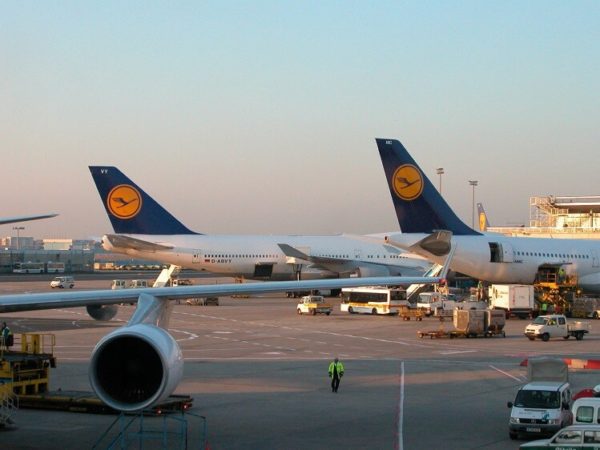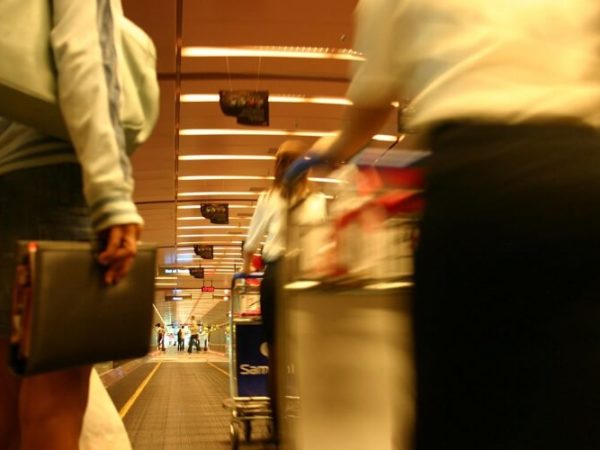Under discussion since early in 2016 and originally scheduled to come into force in 2020, the new European Travel Information and Authorisation System, or ETIAS, was first deferred until 2021 and has now been further delayed until 2022. ETIAS is not a form of European Visa but an online screening process which will determine whether non-EU passport holders are approved to visit or travel within European Union member countries and certain Schengen member states.
Unlike most current European matters the delay is not being blamed on the coronavirus pandemic, although this surely cannot have helped, but on the difficulties in linking the various European security databases to ensure they work effectively together. The latest proposed introduction date of the end of 2022 is an EU ambition rather than a fact and even if this deadline is met it will be followed by a six-month “grace” period for non-European travellers to get used to the system and the online application process. Applying for ETIAS approval will be recommended before the 2022 roll-out although this approval will not be mandatory for intending travellers for the “grace” period. This would mean that British passport holders will not need ETIAS approval until the middle of 2023 and even this is not certain as there is the very real possibility of a second “grace” period being added should difficulties arise during the initial roll-out.
European Travel Confusion
While British passport holders need not worry about acquiring ETIAS approval for the next year or more there remains the issue of just where they can travel within Europe. Countries with a rising or high number of coronavirus cases have been placed on a British government red list and citizens advised not to travel to these destinations unless absolutely necessary. Conversely, some European countries have denoted the United Kingdom as being a high-risk source of Covid-19 infection and will require British visitors to self-isolate on arrival.
Another serious difficulty with current European travel is the fact that the coronavirus situation is constantly evolving and travel that is possible today may not be tomorrow. This means that planning or booking a European visit is risky as flights may be deferred, delayed or cancelled at short notice and those people who successfully reach their European destination may have great difficulty in returning home or even end up stranded abroad for an indeterminate period of time.
European Countries Open for Britons
Travel restrictions and quarantine measures are changing almost daily but as the end of August approaches the current situation in some of the most popular European destinations is as follows:
- Austria. British travellers can visit Austria but must enter a two-week quarantine upon returning home.
- Belgium. Since early August the British Foreign Office recommends only essential travel to Belgium and visitors from high-risk countries, including the UK, must self-isolate for a period of two weeks after arrival.
- Cyprus. The Mediterranean island is open to British tourists who must supply evidence of a negative coronavirus test which must have been taken no more than three days prior to travel.
- Denmark. With the exceptions of Portugal and Sweden, Denmark is open to all European visitors as well as those from the United Kingdom. However, this is highly likely to change very soon due to increasing coronavirus case numbers.
- France. Although British travellers can visit France they are required to self-isolate for two weeks on returning home according to recently introduced government regulations.
- Finland. Although Finland is not on the British government’s red list, Britons are strongly urged to only visit the country for work or essential reasons.
- Germany. Presently there are no restrictions on visiting Germany and no requirement to self-isolate on arrival or return.
- Greece. Although Greece is ostensibly open to UK nationals it may be necessary to undergo a random coronavirus test on arrival and quarantine if the result is negative.
- Ireland. The Republic of Ireland requires all visitors to the country to self-isolate for fourteen days after arrival including returning Irish citizens. There is an exemption, however, for visitors from Northern Ireland.
- Italy. Open to visitors from other EU countries and the UK since early June, Italy does not require British visitors to self-isolate unless they have recently been in a country outside the European Union and the UK.
- Malta. Entry restrictions for UK citizens were lifted in mid-July and British passport holders can now visit Malta with no requirement for self-isolation on arrival.
- Portugal. Although there is no quarantine requirement in Portugal, visitors from the UK may have to undergo coronavirus screening on arrival. There is no need to self-isolate on returning to Britain.
- Spain. Although Spain is open to UK visitors, coronavirus numbers are rising and the British Foreign Office strongly advises against travelling to Spain unless essential. Those who do visit Spain must enter quarantine on returning home.
- Sweden. Although Sweden is open to the EU and UK there are only a limited number of flights between London and Stockholm.
Four other popular European destination countries that are now open without quarantine requirements on arrival are Switzerland, Norway, Poland and the Netherlands.




